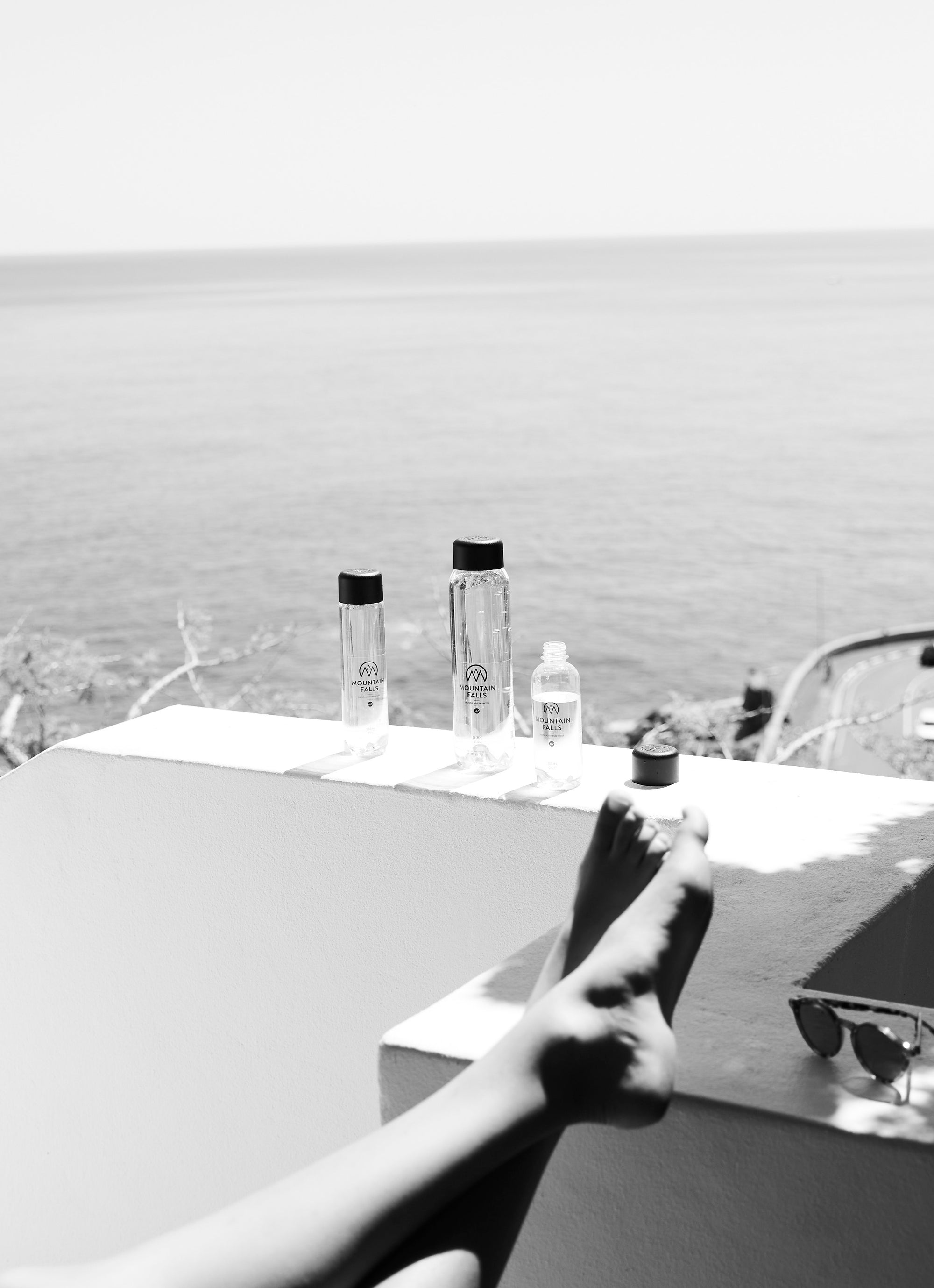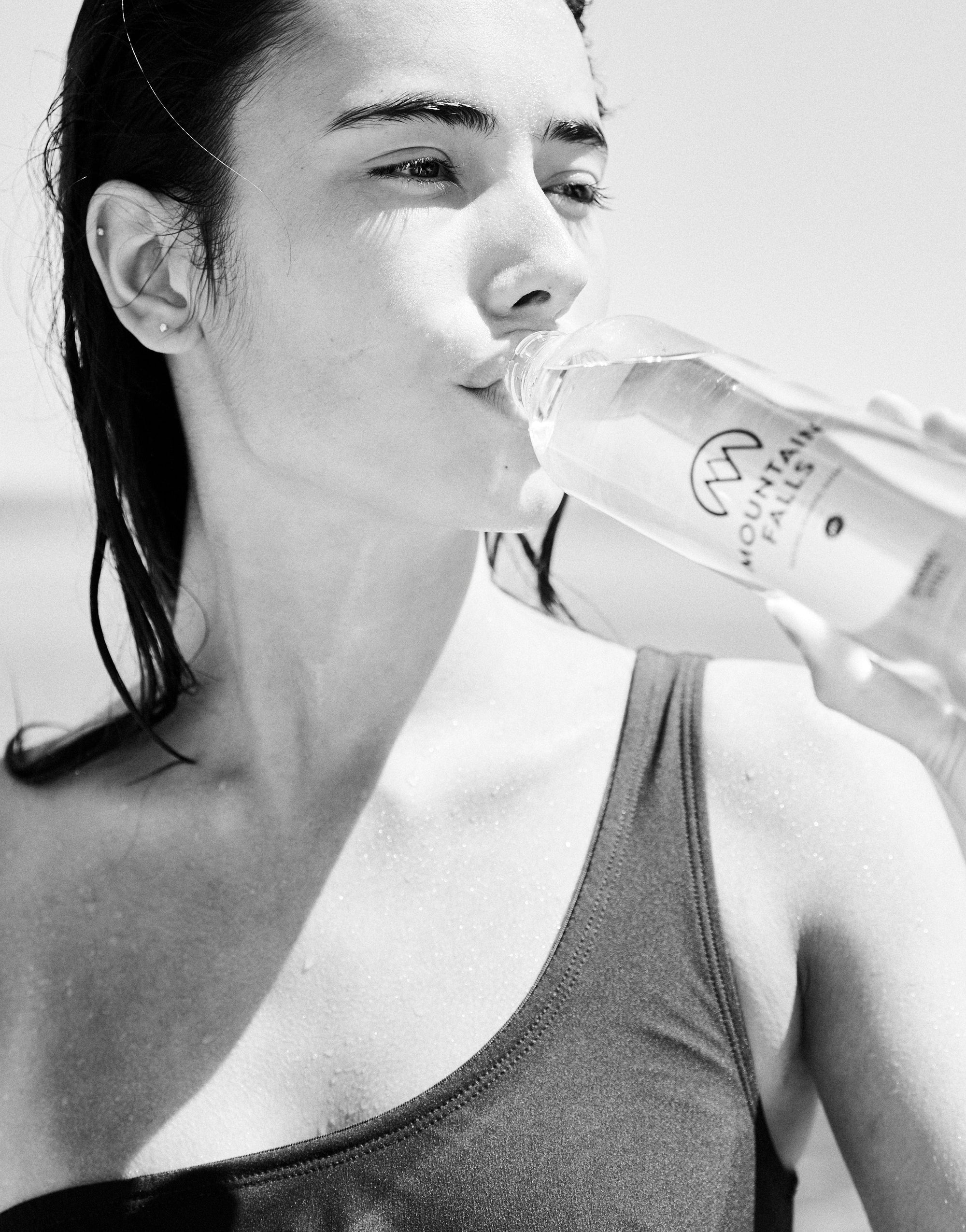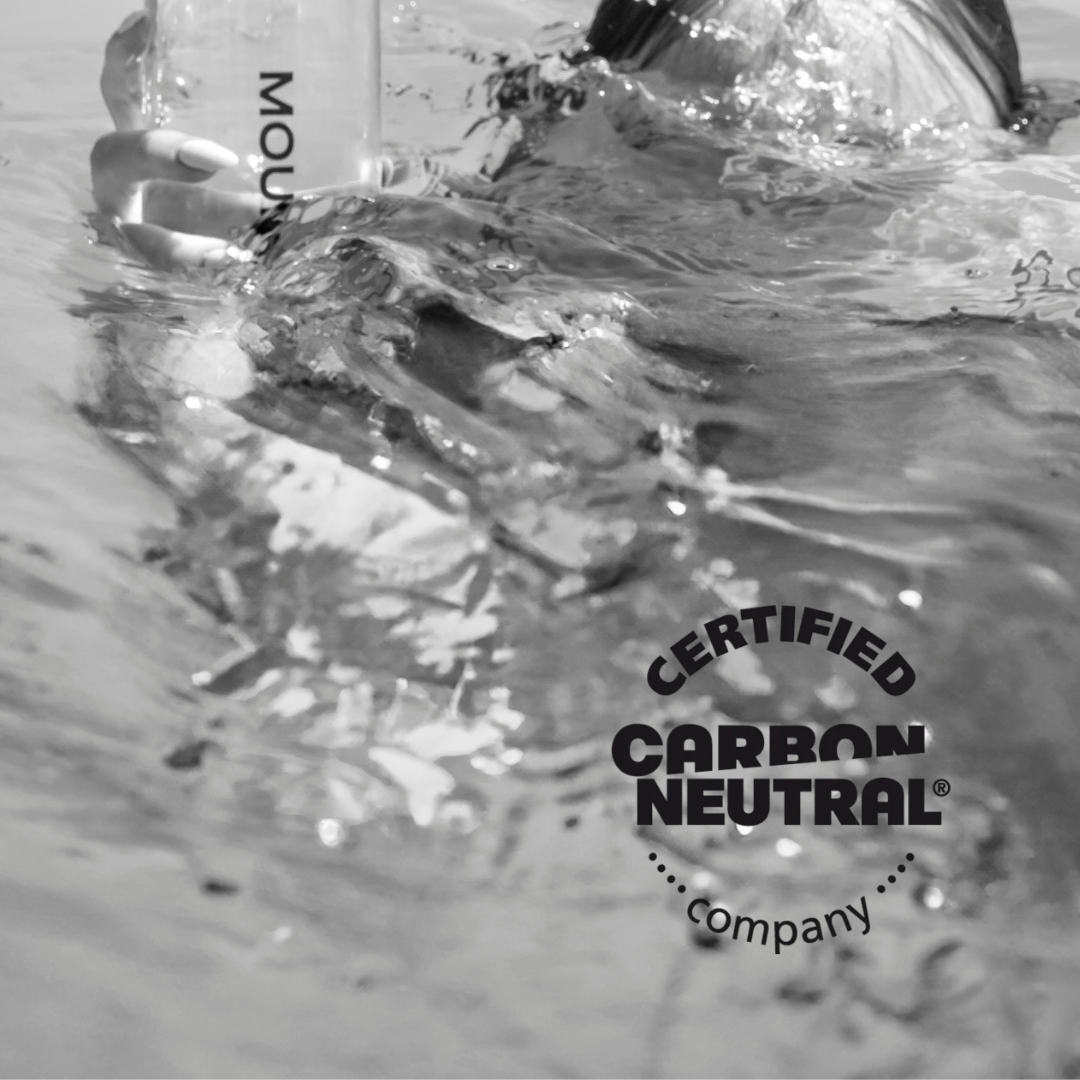In the heart of South Africa's bustling cities and tranquil countryside, the debate between tap and bottled water continues to flow. With an increasing awareness of health and environmental sustainability, you're likely seeking the best choice for hydration. Bottled water, often seen as a beacon of purity and convenience, has its roots deeply embedded in both local tradition and modern lifestyle. Yet, as you navigate through aisles lined with various brands, questions about its impact on your health and the environment might bubble up.
Recent discussions, spurred by documentaries like "Tapped," challenge the bottled water industry, advocating for tap water as a healthier, more eco-friendly alternative. This conversation gains momentum in South Africa, where water scarcity and quality concerns are ever-present. As you ponder over the crystal-clear or tap option, it's crucial to consider not just the taste and convenience but also the broader implications of your choice. Join us as we dive into the depths of this liquid debate, exploring the streams of arguments to help you make an informed decision.
Key Takeaways
-
Health and Safety Considerations: Both tap and bottled water in South Africa are generally safe for consumption, with tap water adhering to international safety standards in urban areas. However, bottled water is often preferred for its perceived purity and included health benefits, despite minimal differences in safety and quality.
-
Environmental and Economic Impacts: Choosing tap water substantially reduces both environmental impact and cost. Bottled water's convenience comes at a higher price and significant environmental cost due to packaging and transportation. Tap water, being more cost-effective and eco-friendly, is advocated for by those prioritising sustainability.
-
Consumer Preferences: The shift towards bottled water in South Africa is driven by taste, safety perceptions, and convenience despite the higher cost. Consumers are increasingly valuing brands that emphasise sustainability in their packaging and sourcing practices.
-
Regulatory Standards: South Africa enforces strict regulations on both bottled and tap water to ensure safety for consumption. Bottled water must comply with SANS 1657 standards, undergoing regular testing for contaminants, while tap water is regulated under SANS 241, reflecting high potable water quality standards.
What is Bottled Water?

In the context of South Africa, bottled water represents a convenient, often perceived as a safer alternative to tap water. Many individuals turn to bottled water amidst concerns over the quality and safety of tap water supplies in various regions.
Bottled water in South Africa comes in various forms, including well water, distilled water, reverse osmosis water, mineral water, and spring water, all packaged primarily in plastic or glass containers. This variety caters to differing tastes and preferences, with some seeking the purported health benefits of mineral and spring waters sourced from pristine environments.
Given South Africa's unique environmental and water scarcity challenges, the debate between bottled water and tap water extends beyond personal preference to encompass broader health and sustainability considerations. While tap water in many urban areas complies with international safety standards and is good for health, concerns about water quality in certain localities drive the demand for bottled water. The notion that bottled water is the best option in SA for guaranteed purity adds to its appeal.
However, consumers often grapple with the question, "What's the difference between tap water vs bottled water?" Beyond the obvious disparities in packaging and taste, there lies a significant contrast in environmental impact and cost. Bottled water, while convenient, tends to have a much higher carbon footprint and cost compared to tap water, attributed to the processes of bottling, transportation, and the disposal of packaging materials.
For those prioritising health and environmental sustainability, the choice between tap water and bottled water in South Africa requires consideration of both personal health goals and ecological impact. With South Africa facing pressing water scarcity issues, the push towards more eco-friendly consumption habits, including the preference for tap water where safe and feasible, becomes increasingly relevant.
As you navigate the choice for hydration, understanding the implications of that choice on both health and environment—especially in a South African setting—can guide you towards making informed decisions that align with your values and the wider community benefit.
What is Tap Water?
Tap water, also known as municipal water, is the primary source of drinking water for many households in South Africa. It is delivered through an intricate system of pipes, treatment plants, and taps directly into your home. This water originates from various sources, including lakes, rivers, groundwater, and reservoirs, before undergoing a rigorous purification and filtration process. The aim is to meet the health and safety standards set by local and national regulations to ensure it's fit for human consumption.
The Environmental Protection Agency (EPA) in the United States regulates tap water, ensuring it meets strict safety standards. Similarly, in South Africa, the Department of Water and Sanitation (DWS) oversees the quality of municipal water, making sure it's safe for drinking, cooking, and bathing. Despite this, perceptions about the purity and safety of tap water vary, leading some consumers to prefer bottled water.
When contemplating, "Is tap water good for your health?" it's essential to recognise that in many urban areas of South Africa, tap water is not only safe but often matches or exceeds the quality of bottled water. However, due to infrastructure challenges and maintenance issues in certain regions, some South Africans opt for bottled water, viewing it as a purer alternative.
The debate around tap water vs bottled water in SA centres on factors like taste, convenience, price, and the environmental impact of plastic bottles. While bottled water offers variety, including mineral, spring, and purified options considered by some as the best bottled water in SA, tap water provides a much more cost-effective and eco-friendly choice. The latter's fixed infrastructure limits its accessibility in remote areas, contrasting with bottled water's widespread availability.
Understanding these differences helps in making an informed decision regarding your water consumption preferences. Whether opting for tap or bottled water, it's vital to weigh factors such as health implications, cost, and environmental sustainability. By choosing wisely, you not only safeguard your health but also contribute to the well-being of the environment.
Comparative Analysis
When deciding between tap water and bottled water in South Africa, you're faced with considerations that extend beyond merely quenching your thirst. This comparison sheds light on the factors like health, taste, cost, and environmental impact, guiding you to make an informed decision that aligns with your preferences and values.
Health Implications
Is Tap Water Good for Your Health? Yes, in most urban areas, South African tap water meets international safety standards, undergoing rigorous purification to ensure it's free from contaminants. However, the perception that bottled water is healthier persists among some consumers. The best bottled water in SA often boasts added minerals for taste and health benefits, appealing to those who prioritise wellness in their beverage choices. Yet, it's crucial to note that the health benefits of these added minerals are minimal when compared to a balanced diet.
Taste and Quality
What's the Difference Between Tap Water vs Bottled Water? Taste often becomes the decisive factor for many. Some prefer the neutral taste of bottled water, attributing it to purification processes that remove chlorine, a common disinfectant in tap water. Brands like Mountain Falls highlight their source's natural purity and taste, catering to a segment that values these attributes. Conversely, tap water's taste can vary based on local treatment processes and pipeline quality, though it remains a safe and quality option for daily consumption.
Economic and Environmental Impact
Choosing tap water over bottled significantly reduces your environmental footprint, considering the plastic waste associated with bottled water. Economically, tap water is undeniably more cost-effective, costing a fraction of the price of bottled water per litre. While bottled water offers convenience and variety, it comes at a higher price and greater environmental cost.
Both tap and bottled water in South Africa have their merits. Your choice depends on personal preferences concerning taste, cost, health considerations, and environmental concerns. Whether you lean towards the pristine nature of bottled water from sources like Mountain Falls or the readily available and eco-friendly tap water, staying informed ensures your choice benefits not just your health but the environment too.
Economic Considerations
When evaluating bottled water, particularly in a South African context, it's crucial to assess the economic considerations alongside health and environmental impacts. The debate between tap water and bottled water extends beyond taste and health; it also encompasses a significant economic dimension. Understanding the cost implications can help you make informed choices that align with your budget and lifestyle needs.
Price Comparison: Tap Water vs Bottled Water
Firstly, consider the cost difference between tap water and bottled water. In South Africa, tap water is not only widely regarded as safe and of high quality, especially in urban areas, but it is also remarkably cost-effective. The price of tap water is mere fractions of a cent per litre, subsidised by municipal services to ensure accessibility for all.
On the other hand, bottled water, including some of the best bottled water brands in SA, can range dramatically in price based on factors like source, brand reputation, and added minerals. While it might offer the taste or added minerals you prefer, bottled water is unquestionably the pricier option. It is not uncommon for bottled water to cost hundreds of times more per litre than tap water, making it a luxury rather than a necessity.
The Impact of Consumption Patterns
Your consumption patterns also play a pivotal role in the economic equation. Regularly purchasing bottled water for home or on-the-go consumption can considerably inflate your monthly expenses. In contrast, relying on tap water and investing in a high-quality reusable bottle could result in substantial savings over time. If concerns about tap water quality persist, considering a water filtration system might be a cost-effective solution, allowing you to enjoy the benefits of purified water without the ongoing costs associated with bottled water.
Economic Verdict for Consumers
Ultimately, the choice between tap water and bottled water involves weighing the immediate convenience and perceived benefits of bottled water against long-term costs and environmental sustainability. If you're exploring the health implications and pondering, "Is tap water good for your health?" rest assured that South African tap water, especially in major cities and towns, generally meets global safety standards.
While the allure of the best bottled water in SA with its promise of unparalleled taste and quality might be compelling, economically, tap water represents a prudent choice. It offers a way to stay hydrated without imposing a substantial financial burden, making it an economically sound and environmentally friendly option for your daily water consumption.
Legal and Safety Regulations

In South Africa, the stringent legal and safety regulations governing bottled water ensure its quality and safety for consumption. These regulations are in place to protect you, the consumer, by ensuring that the best bottled water in SA adheres to specific health and safety standards. The South African National Standards (SANS) and the South African Bureau of Standards (SABS) play crucial roles in setting these benchmarks.
Bottled Water Standards
Bottled water in South Africa must meet the SANS 1657 standards, which closely align with international guidelines. This standard covers a variety of aspects, including source protection, production processes, and the permissible levels of chemical and microbiological contaminants. Manufacturers must regularly test their products to ensure compliance, with both inorganic and organic substances scrutinised to protect your health.
Tap Water vs Bottled Water: The Regulatory Perspective
While the debate between tap water and bottled water continues, it's essential to understand the regulatory differences. Municipal tap water is subject to SANS 241 standards, focusing on potable water quality. In contrast, bottled water, being a food product, must also comply with additional food safety regulations under the Foodstuffs, Cosmetics and Disinfectants Act. This act mandates regular monitoring and quality assurance, ensuring that bottled water is safe for long-term consumption.
Consumer Safety
To ensure your safety, bottled water brands in South Africa, including those considered the best in SA, undergo rigorous testing for contaminants such as coliform bacteria and fluorides. As mentioned, a 1999 NRDC study highlighted concerns over contaminants in bottled water, driving stricter enforcement of safety standards in the industry. South African bottled water manufacturers must declare their compliance with all applicable standards, giving you peace of mind regarding the safety and quality of the bottled water you consume.
By choosing bottled water that meets these comprehensive regulations, you can feel confident in the safety and quality of your choice. Whether you opt for tap or bottled water, being informed about the regulatory standards in place helps you make a healthier, safer decision for yourself and your family.
Consumer Preferences and Trends
Amidst the ongoing scrutiny of water safety in South Africa, consumer preferences have significantly shifted towards bottled water. This trend stems from concerns about the health implications of consuming tap water and its potential infrastructure challenges. While tap water in South Africa generally meets safety standards, the perception of higher purity and better taste has led many to opt for bottled options. With an array of brands competing for the title of the best bottled water in SA, consumers are increasingly considering factors such as mineral content and sourcing in their purchasing decisions.
The question, "Is tap water good for your health?" often arises in conversations around water consumption in South Africa. In light of such queries, bottled water is perceived as a safer alternative, owing to its stringent testing and quality control measures. Brands distinguish themselves by advertising their adherence to SANS 1657 standards, aligning with international safety guidelines, ensuring that the water is free from contaminants and safe for consumption.
Moreover, the variance in taste between tap water vs bottled water plays a considerable role in consumer preferences. Tap water's taste can be affected by the treatment process and the pipes it flows through, leading some to find bottled water more palatable.
Environmental sustainability and economic impact are also key considerations. While bottled water provides a convenient and safe option, its plastic packaging raises concerns about environmental health. Aware consumers are now leaning towards brands that commit to sustainable practices, such as using recyclable materials or investing in water conservation efforts.
Consumer trends in South Africa reflect a growing demand for bottled water, driven by concerns over safety, taste, and sustainability. As the market evolves, so too do the preferences of consumers, who are increasingly informed and selective about the water they drink, prioritising both their health and the environment.
Navigating the waters between tap and bottled varieties in South Africa, you're now equipped with a deeper understanding of what drives consumer choices. Safety, taste, and sustainability stand at the forefront of this decision-making process. With the assurance that bottled water meets stringent SANS 1657 standards, you can make informed choices that align with your health priorities and taste preferences. Moreover, the shift towards brands that champion environmental sustainability reflects a broader consumer consciousness towards preserving our planet. As you ponder your next purchase, remember that your choice impacts not just your health but also the world around you. Armed with this knowledge, you're ready to make choices that best suit your lifestyle and values.
Frequently Asked Questions
What safety standards do bottled water in South Africa have to meet?
Bottled water in South Africa must comply with SANS 1657 standards, aligning with international safety and quality guidelines. These standards ensure the bottled water is free from contaminants and safe for consumption through rigorous testing.
How does tap water in South Africa compare to bottled water in terms of health?
Tap water in South Africa is generally considered safe for consumption and meets national safety standards. However, due to infrastructure challenges and consumer perceptions about health and taste, many people prefer bottled water believing it to be a healthier option.
What factors influence consumer choices for bottled water over tap water in South Africa?
Consumers in South Africa are influenced by health concerns, taste preferences, mineral content, and sourcing when choosing bottled water. Increasing awareness around environmental sustainability and economic impacts also play a significant role in their choices.
Are there environmental considerations in the bottled water versus tap water debate?
Yes, the debate includes significant environmental considerations. Bottled water often has a higher environmental impact due to production and disposal of plastic bottles. Consumers are increasingly favouring brands that promote sustainable practices, including recycling and using eco-friendly packaging materials.
What is driving the growing demand for bottled water in South Africa?
The demand for bottled water in South Africa is being driven by safety, taste, and sustainability concerns. As consumers become more health and environmentally conscious, their preferences are shifting towards bottled water that meets these criteria, despite tap water generally meeting safety standards.



